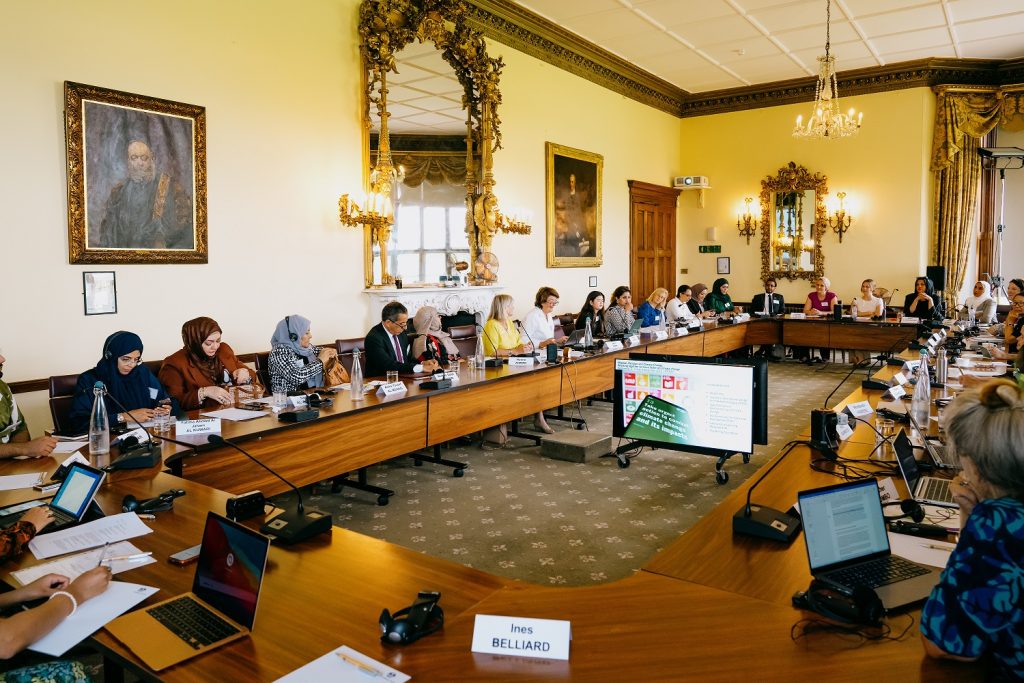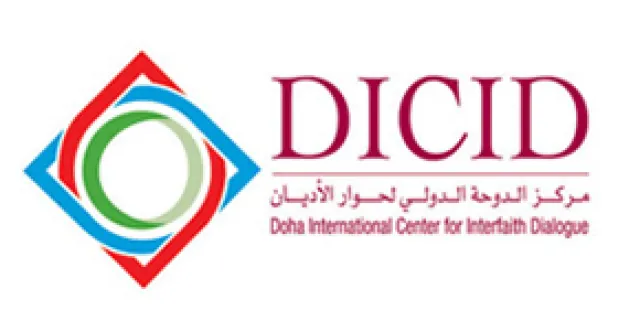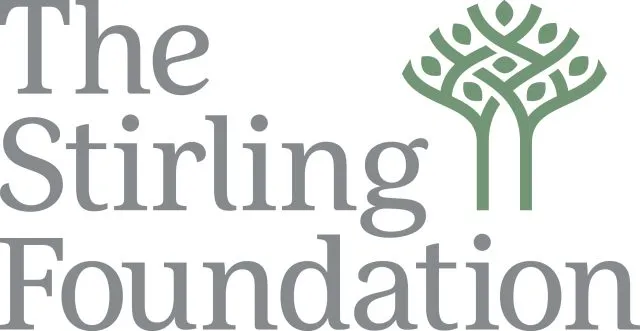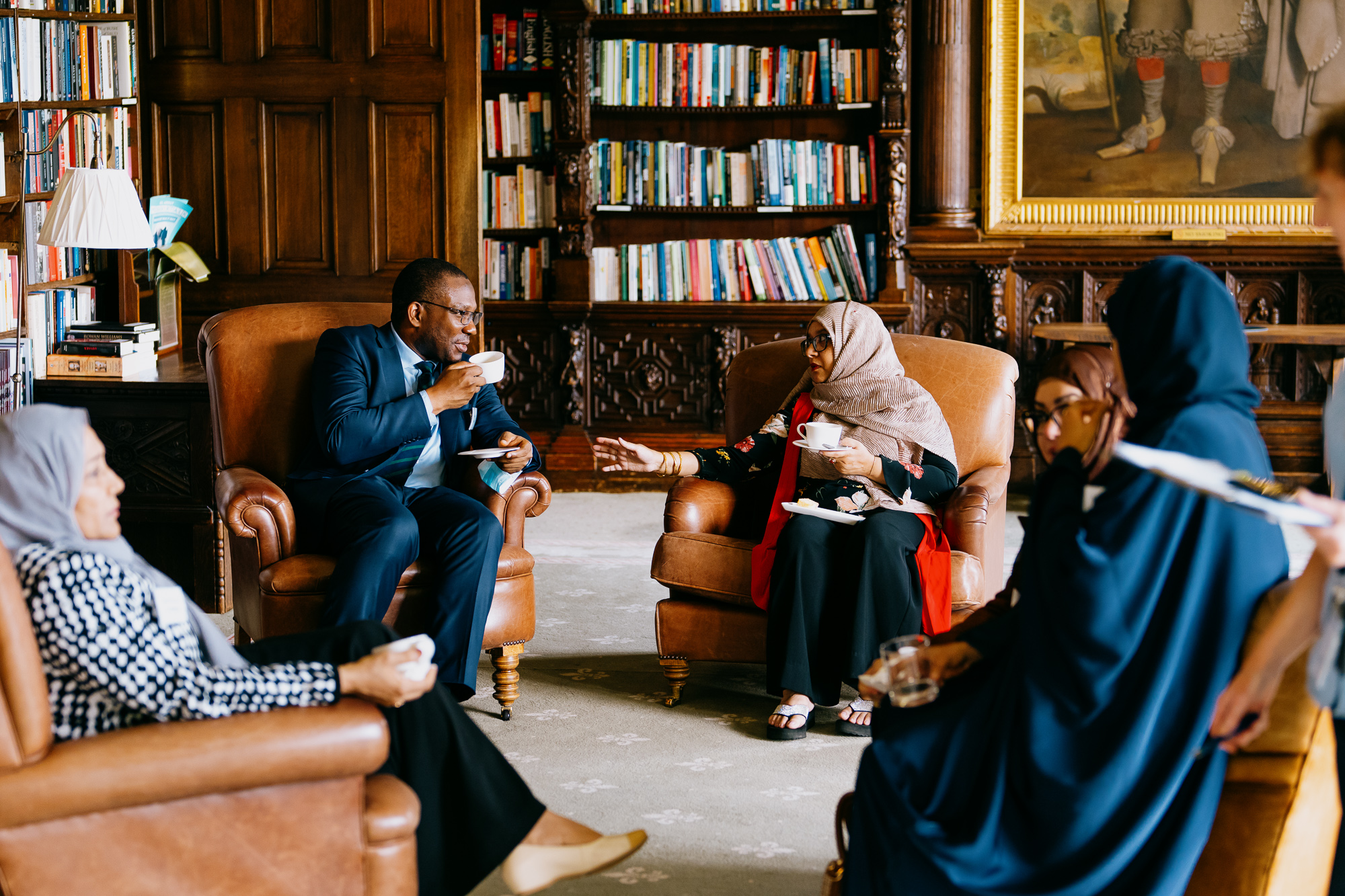
- Build on the Radical Collaboration framework that has emerged from the meeting.
- Develop a Declaration that outlines the goals and objectives of engaging with women faith leaders on environmental issues.
- Conduct a mapping exercise about current initiatives among the participants at the event on the nexus of women’s leadership in the faith and climate change and biodiversity loss space.
- Develop a repository of resources on the work being carried out by women faith leaders in the climate change and biodiversity loss space. Include training resources and multilingual resources.
- Increase the visibility of women leaders particularly women from the global south and indigenous women leaders through the media.
- Convene representatives of women’s networks from all key faith traditions to discuss radical collaboration for global mobilisation.
- Build on existing interfaith initiatives including the Joint Appeal Faith and Science: Towards COP26 and The Charter of Makkah.
- Consider aligning with global initiatives, statements and agreements.
- Encourage further theological reflection and renewal on our relationship with nature and duty to care for the earth. Move away from what is often a patriarchal and colonial framing of the environment existing for man’s use.
- Train both faith and non-faith actors on climate literacy.
- Participate in a series of advocacy events where the voices of women of faith are amplified in discussions on climate change and biodiversity loss.
- Develop a communications campaign to support a mass mobilisation of women of faith action on climate change and biodiversity loss.
- Develop a documentary film illustrating faith leadership for climate change.
- Break through the siloes and foster greater collaboration amongst the various stakeholders including indigenous women and youth.
- Encourage female leadership in all aspects of climate action by bridging the “gendered leadership chasm in faith communities” and getting women to the decision-making table.
- Support youth leaders with mentoring and training, recognising that climate anxiety is a real phenomenon today.
Authors
Inès Belliard and Zahra Ahmad
In partnership with






-
Notes
Wilton Park reports are brief summaries of the main points and conclusions of a
conference. The reports reflect rapporteurs’ personal interpretations of the proceedings.
As such they do not constitute any institutional policy of Wilton Park nor do they
necessarily represent the views of the rapporteur. Wilton Park reports and any
recommendations contained therein are for participants and are not a statement of policy
for Wilton Park, the Foreign, Commonwealth and Development Office (FCDO) or His
Majesty’s Government.
Should you wish to read other Wilton Park reports, or participate in upcoming Wilton Park
events, you can find out more here.
To receive our monthly bulletin and latest updates, please subscribe here.
Annex:
Briefing papers
Decarbonizing Our Future: The Role of Finance and Subsidies for a Sustainable World – Earth Ethics
